
News
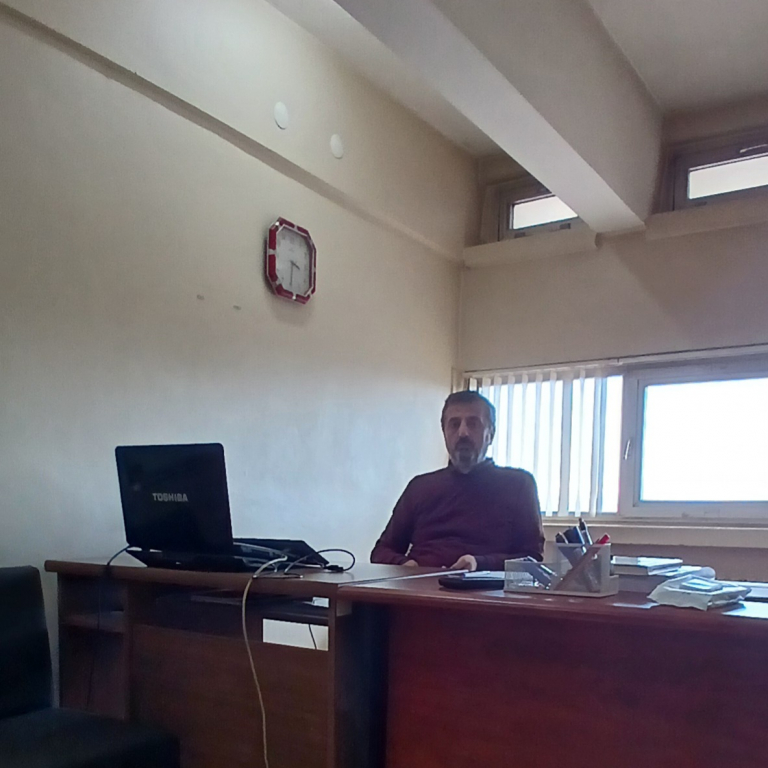
26.03.2024 11:44
We spoke with Prof. Dr. Mehmet Gürcan, a faculty member at Fırat University's Department of Statistics, about statistics departments and the academic services they provide to their affiliated universities. Gürcan provided valuable insights on this topic, stating that statistics departments are structured departments with the resources and capabilities to provide a full range of academic services to their affiliated universities.
A strong statistical infrastructure at universities is crucial for universities to activate and utilize their existing dynamics effectively.
The details of our interview with Gürcan, who spoke to our newspaper (Harput Newspaper) about the importance of Statistics, are as follows:
First, let's briefly discuss what we mean when we talk about a university's statistical infrastructure.
The fundamental responsibilities of statistics departments can be broadly categorized into three categories. The first is the statistical support provided for all types of scientific research. For example, the biostatistics department within basic medical sciences offers. The second is the resources it provides to management and organization. It is the support provided from the planning of an organization until it achieves its intended goal. The third, as in every educational institution, is a student-focused service, designed to complement each other in terms of functionality between students and educators. A statistics unit that provides services in these three categories is effectively capable of providing the statistical infrastructure to the university. Statisticians generally enjoy long periods of observation. There's even a joke about statisticians: "Once upon a time, all the residents of the neighborhood, along with the fire department, were working tirelessly to extinguish a fire. Meanwhile, they noticed a significant detail that caught their attention. Instead of extinguishing the fire, one of the residents was, so to speak, trying to fuel the fire. The entire neighborhood stopped and asked him what he wanted to do. The man's answer was quite interesting. To see the results more clearly after the fire, we statisticians have to increase the sample size, that is, the data." While this anecdote attributed to statisticians may make us laugh, it has a lot of truth to it. A good statistician must have sufficient and accurate data to draw conclusions. Naturally, this is based on sound observation. In short, when you pose a question to a person, what's more important than their answer is understanding the factors that led them to that answer.
For example, this is clearly evident in surveys included in the Student Information System (OBS). A student's exam score is the definitive answer for the education system. However, to determine the factors that led to this student's grade, we must ask them a series of questions about the system. While some of the questions we ask are system-related, others should relate to the student's personal development. Indeed, at the request of our university's Internationalization Committee, the Statistics Department recently administered a survey, a kind of hope scale, to students. This provided us with the opportunity to observe a number of factors that influence students' education and contribute to hope. Identifying these factors that influence students' personal success also helps address the problem of educational underachievement. Otherwise, we would have to settle for simply evaluating the functioning of the system.
What do we mean when we talk about statistical infrastructure in universities? Now, we can understand it more clearly. A similar situation applies to university organization. Indeed, during our visits to the Elazığ Organized Industrial Zone, for various reasons, we had the opportunity to meet with textile companies I hadn't previously heard of. It wouldn't be an exaggeration to say that Elazığ has made significant progress in the textile sector in recent years, and that its name has almost become synonymous with textiles. This is certainly a welcome development for Elazığ. However, that's not the part that concerns us. The most important information we gleaned from the questions we posed to the textile companies during our conversations was that Fırat University is spearheading the urgent establishment of a textile machinery unit within the Mechanical Engineering Department. What this unit will be, how it will be structured, and what its status will be is up to the university organization to determine. Of course, if they ask, we'll offer the possibilities and alternatives. Well, if they don't, it'll remain in our memories as observational information. In short, our point here is to demonstrate that statistics can cover a wide range of services.
How would you evaluate statistics as a science within the framework of Science? Let's talk about that.
These types of questions deserve some philosophical answers. Every branch of science, especially the physical sciences, is beautiful. There's a saying that a money changer knows the value of gold. It's truly like that. Every branch is a sea of flux when you delve into it. Of course, our priority here is to evaluate statistics as a science. What statistics are, its source, and its basis are things that have been written about for years. I won't delve into these details. Statistics in Turkey has produced truly important researchers over the years. My esteemed professor, Prof. Dr. Fikri Akdeniz, a world-renowned scientist and one of the pioneers in statistical science in Turkey, provided clear answers to questions such as what statistics is, who a statistician is, what qualifications they need, and what specific and general skills are required in this field in a study published in 2013 and 2015, titled "New Trends and Methods in Statistics." I take this opportunity to salute him with respect. Despite all this, there are still circles in Turkey today who debate whether Statistics is a science like Physics, Chemistry, Biology, and Mathematics. It's impossible to make sense of this. Even today, it's a memory that makes me deeply saddened. I heard this firsthand when the Department of Statistics was being established at our university: "Was there a need for a Statistics Department within the Faculty of Science when there was already a Department of Mathematics?" I don't know what to say to someone who doesn't understand its necessity. Thankfully, the Department of Statistics was established within our university today and has continued to serve the university for years. Speaking of which, let's also send our regards to Prof. Dr. Mahmut Ergüt, who pioneered the establishment of our department. Such debates contribute nothing to advancing mathematics in Turkey. Who can say how many apples make up a kilogram of apples if it weren't for mathematics? I invite you to reflect. Einstein was a renowned physicist, but his contributions to mathematics are indisputable.
In this context, can we talk about some of the values that statistics has contributed to mathematics?
Of course, we can. But first, we need to examine the work of mathematics in the late 19th century and the first half of the 20th century. During this period, the three masters of mathematics were functions, functionals, and operators. These concepts pioneered significant developments in science. They are the forerunners of many developments that emerged at the end of the 20th century and today. Now, let's look at what statistics added to these concepts during the same period: random variables, random operators, and stochastic processes.
Indeed, I believe the most important contribution statistics has made to mathematics is the concept of randomness. We need to understand the concepts of deterministic events, random events, and stochastic events without confusing them.
Even today, we still cannot adequately explain the concept of random operators to our researchers. This concept is an abstract concept developed by Anatoliy Skorokhod. Unfortunately, modern science does not focus sufficiently on it. Its value is still not fully appreciated. Yes, there's a lot to say, but enough technical details.
Finally, what can we say about Statistics's perspective on abstract concepts?
Statistics, as a branch of science, is a rich field that has touched upon many concepts and introduced many new ones to the literature. To comment on Statistics's perspective on abstract concepts, the crucial point is our perspective. In my opinion, we shouldn't confuse abstract concepts with what is meaningful or unmeaningful, measurable or unmeasurable. Statistics strives to present a comprehensible and meaningful example rather than attempting to explain an abstract concept.
In short, "STATISTICS" is life. When this enters mathematics, mathematics comes to life.
Other News
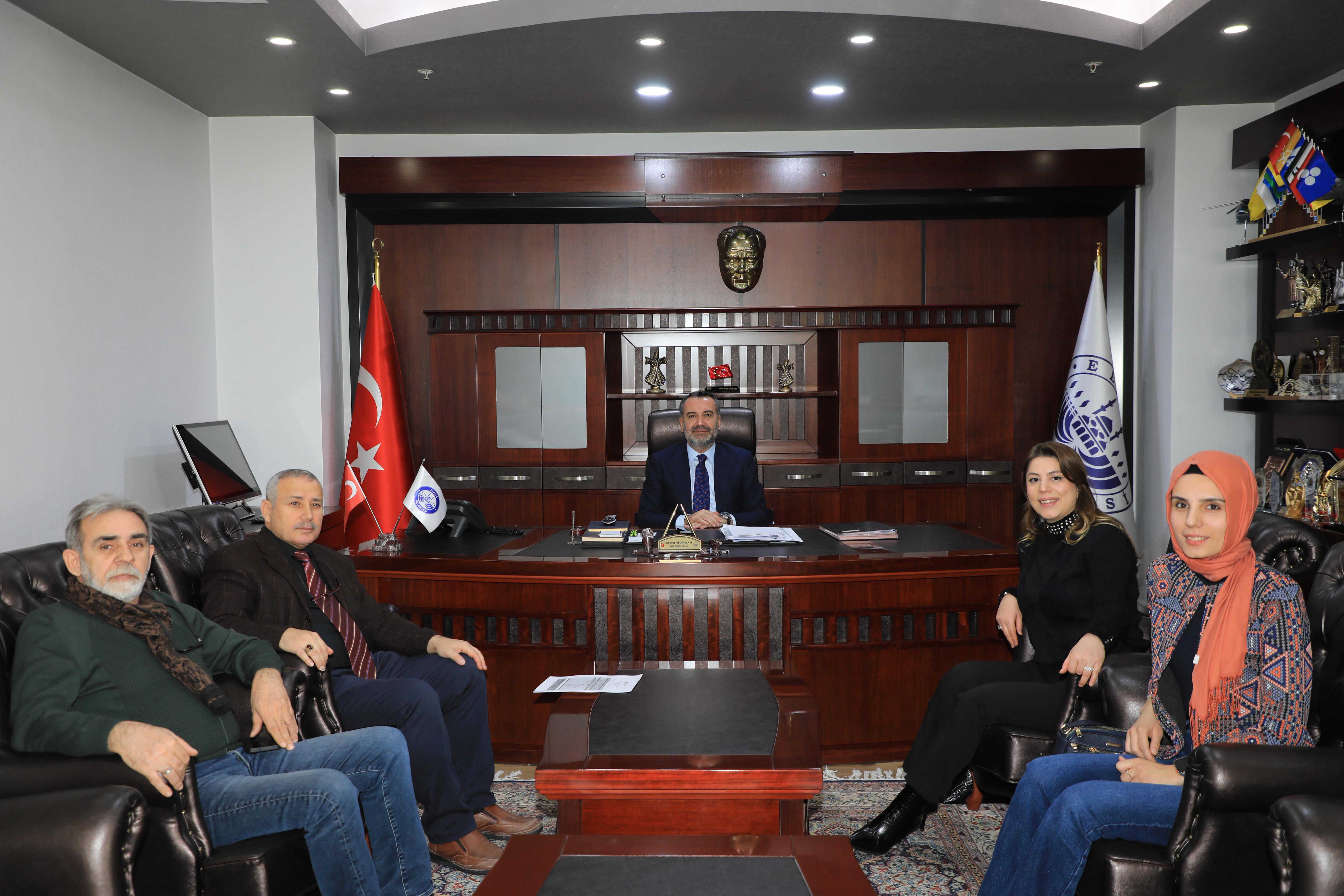
A meeting regarding institutional ...
14.01.2026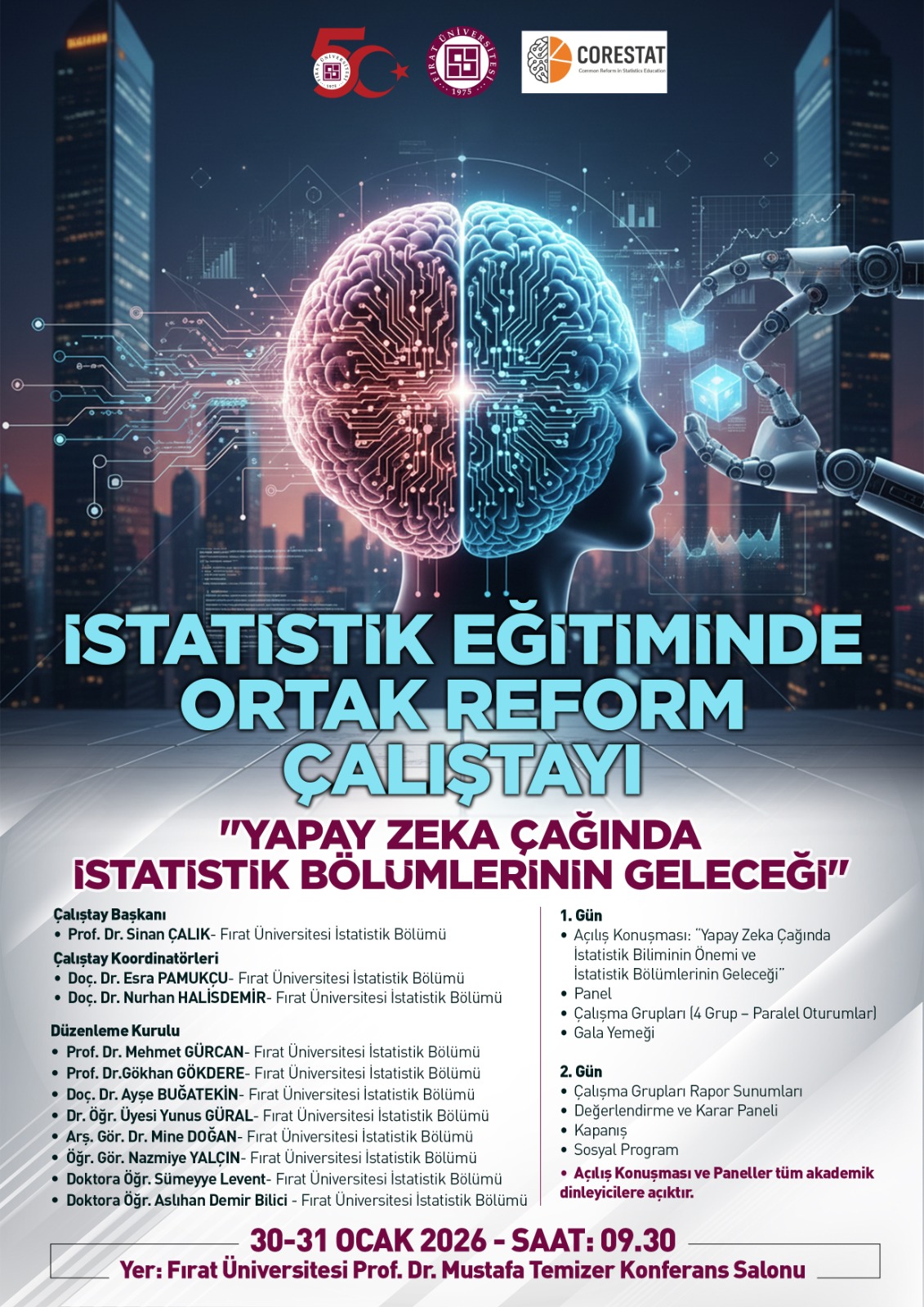
Joint Reform Workshop in Statistics ...
12.01.2026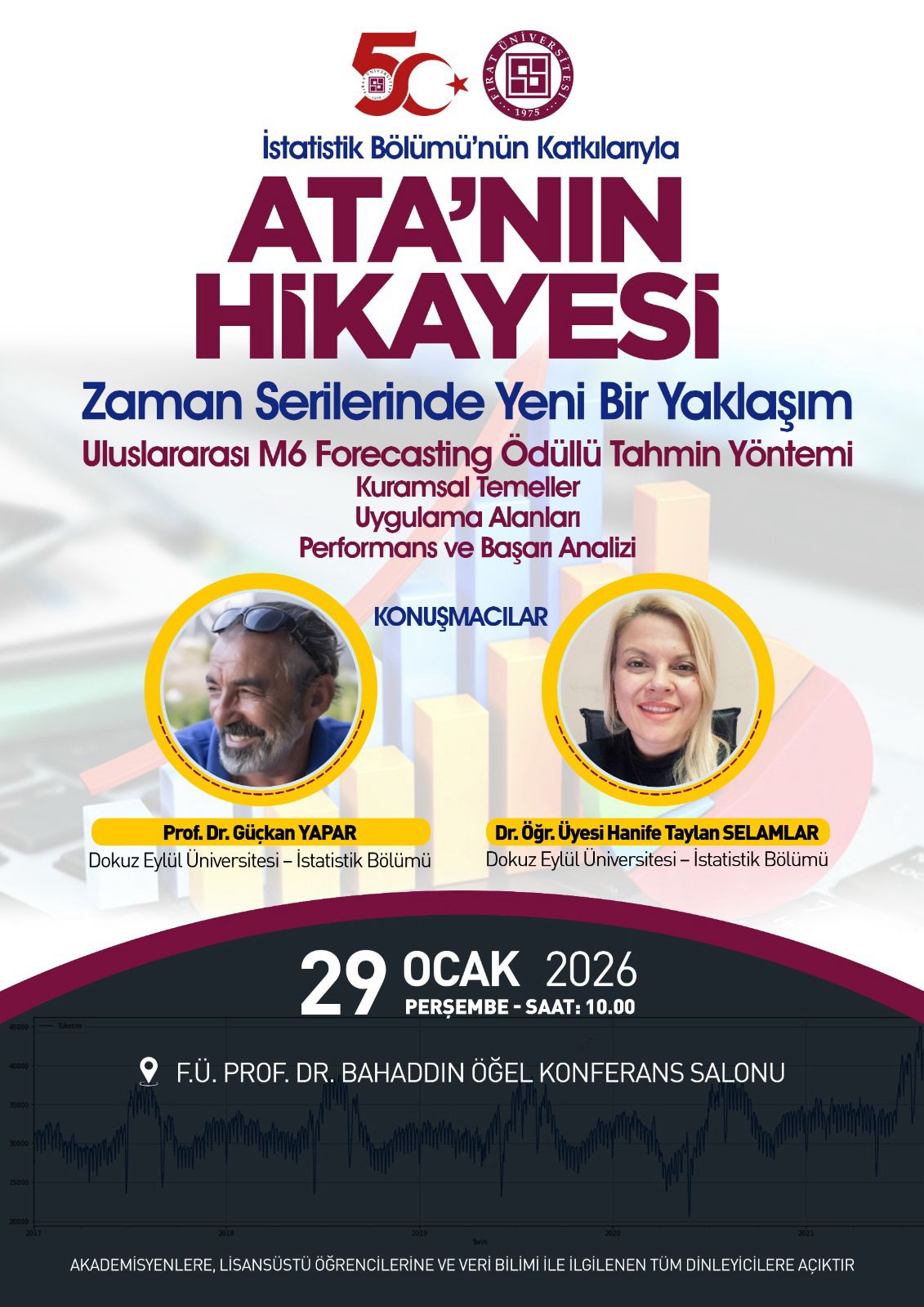
The Story of Ata: A New Approach in Time ...
05.01.2026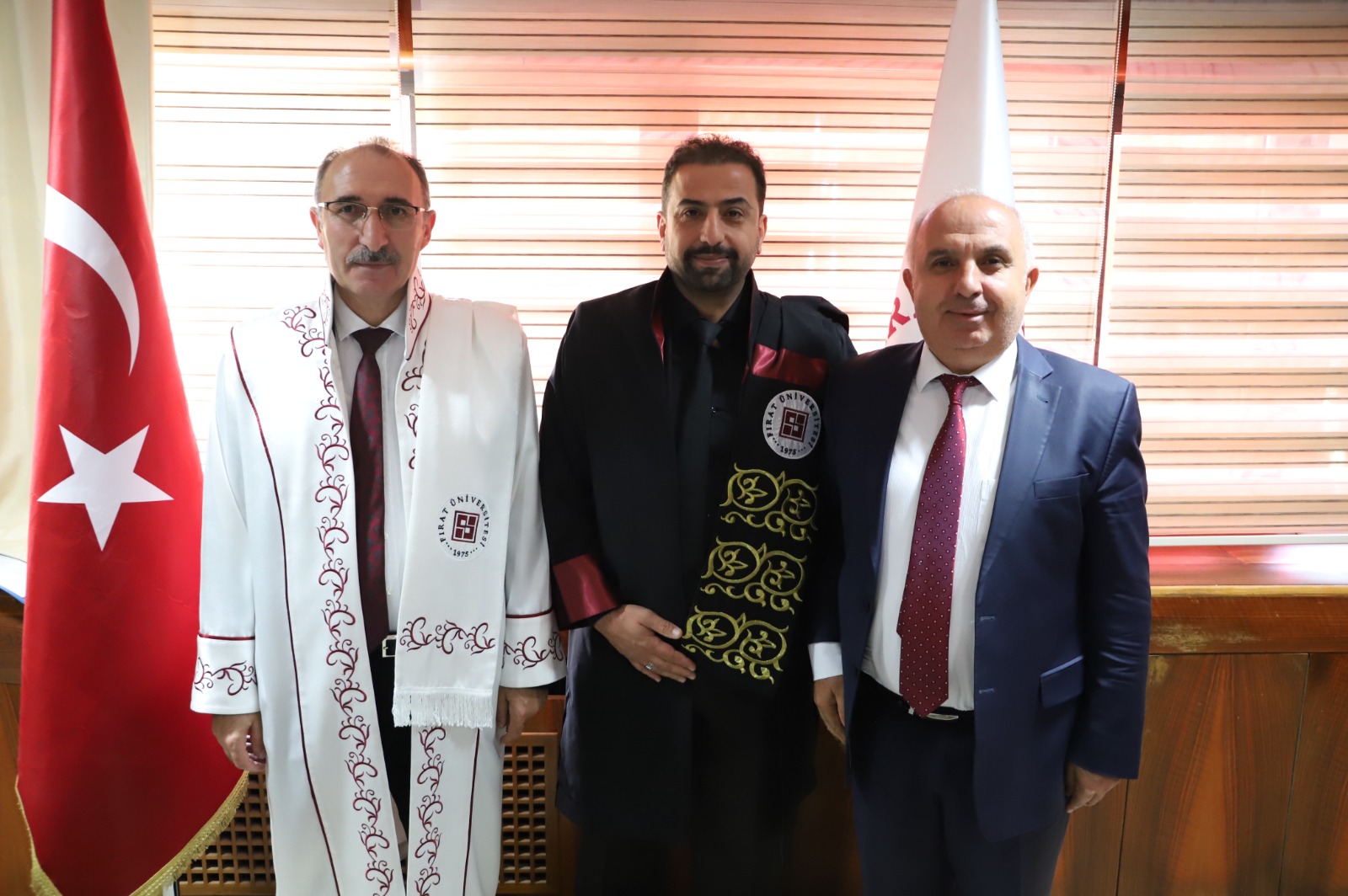
Assoc. Prof. Dr. Gökhan GÖKDERE has been ...
03.11.2025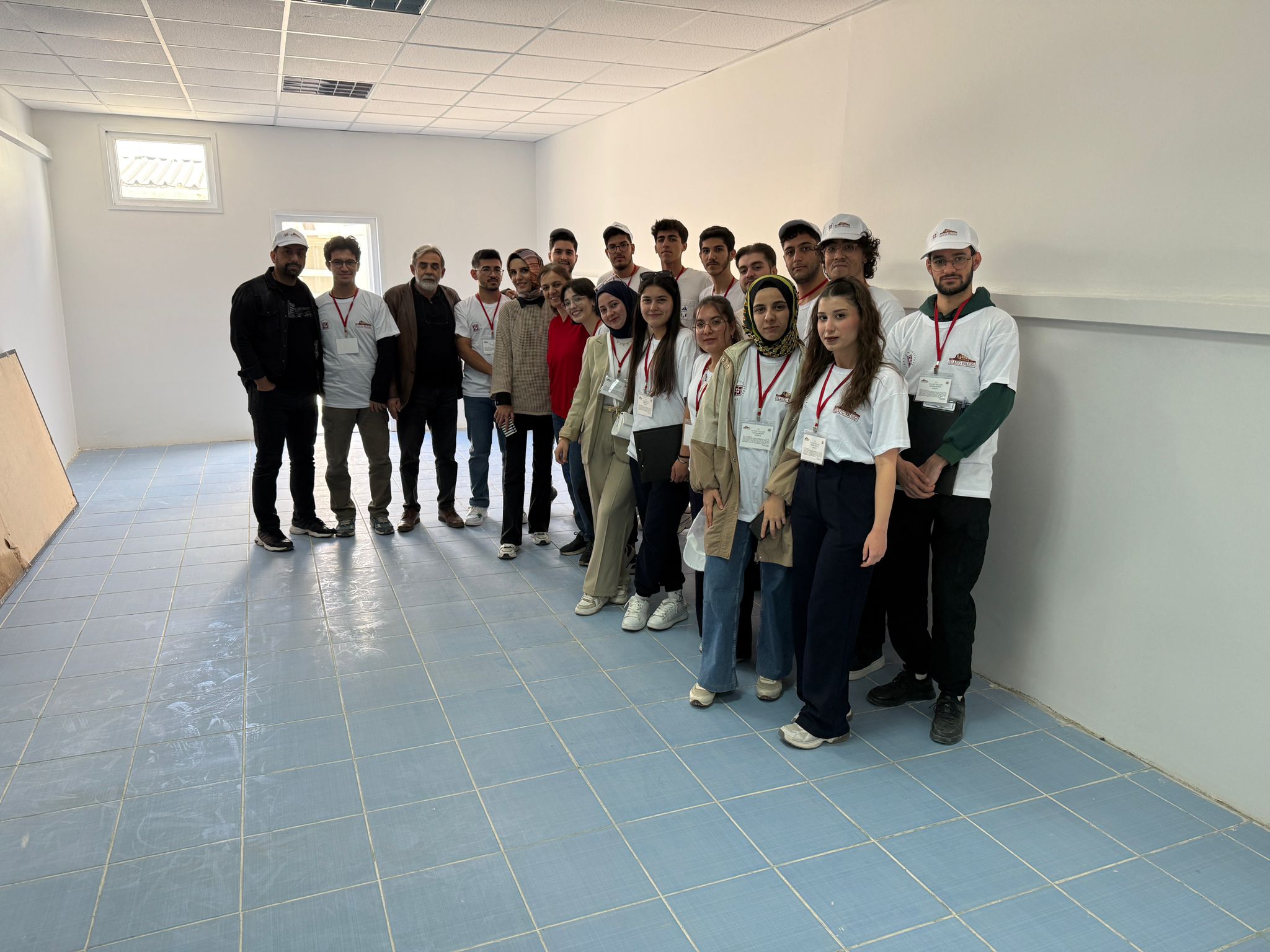
A Cooperation Protocol has been ...
31.10.2025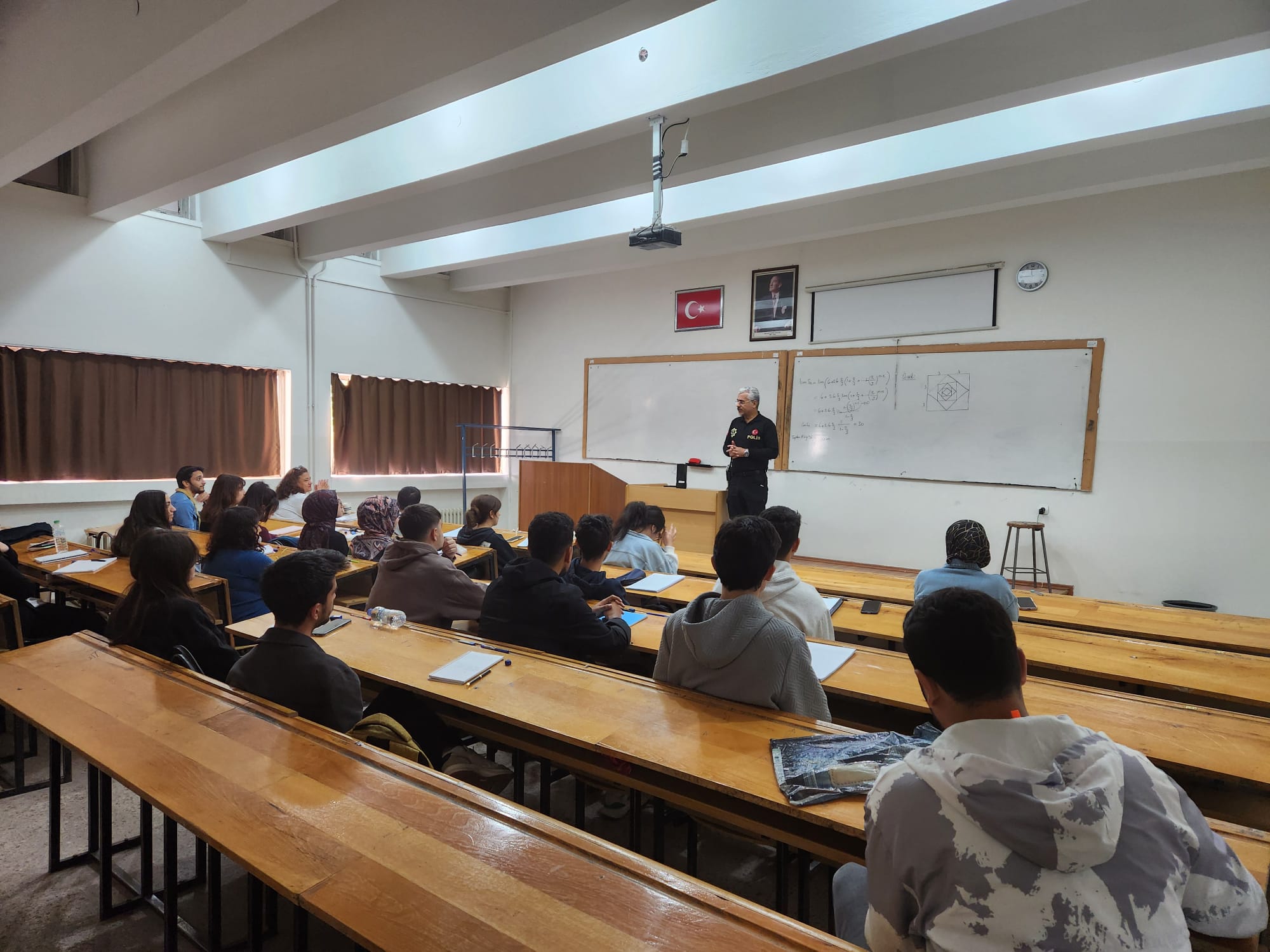
Fight Against Drugs and Awareness ...
21.10.2025
Statistics Department Students ...
20.10.2025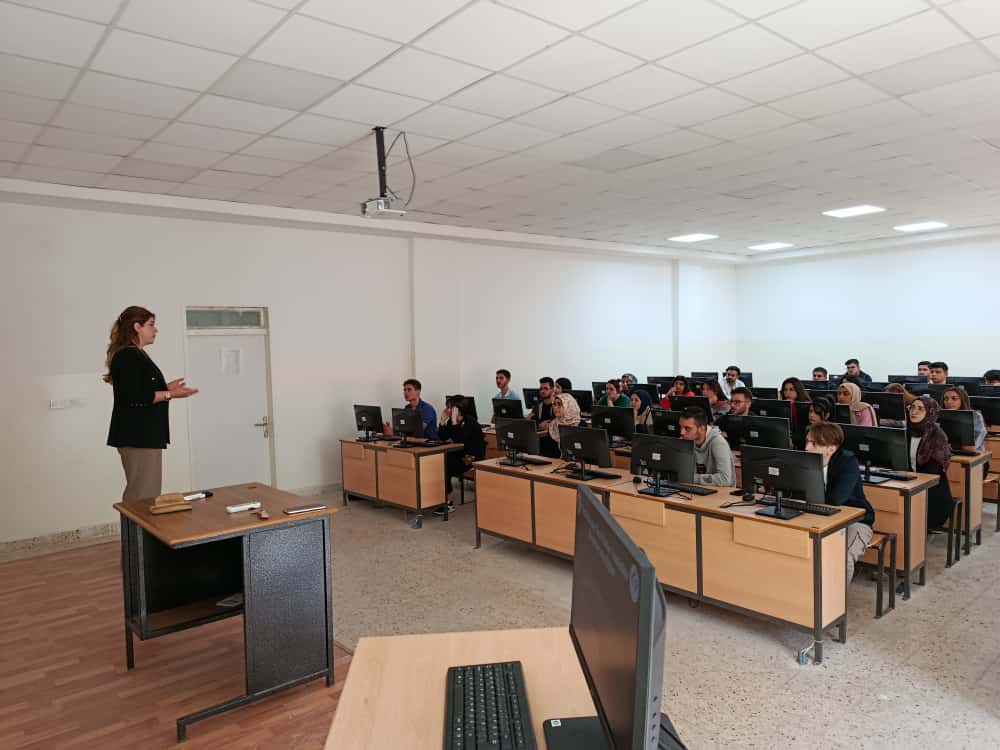
An Orientation Meeting Was Held for ...
25.09.2025